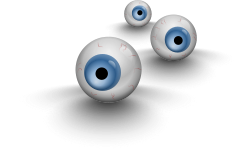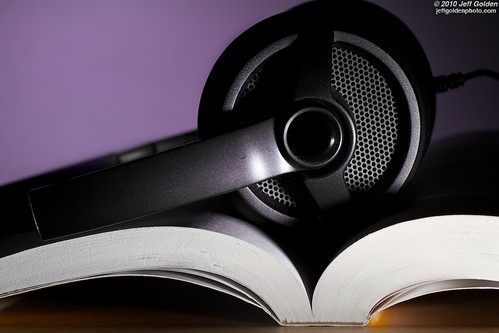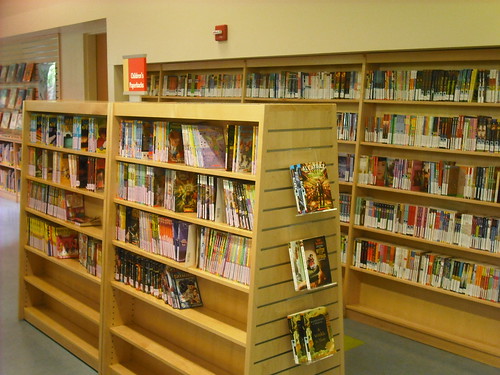It's easy to get a little snobby when you're an author, and that also goes for me. The writer who does years of research for that in-depth biography might smile condescendingly at the author who writes lightweight fantasy fiction. I, too, am guilty of author prejudice. I learned it in the worst possible way: I caught myself turning up my nose at another author recently...a children's book writer. So now I have to ask: are children's books easier to write?
A Day in the Life
For the record, I don't have kids. I'm not good with kids, and I haven't really spent any time around them. I also don't write children's books. YA books are as close as I get. I remember being a teenager. I don't really remember being a kid.
So when it comes to writing children's books, I don't really have the experience to know what it's all about. I went on a journey to learn more.
I began with
Carrie A. Pearson, a children's book author. One look at her "about" page humbled me right away. Pearson has a ton of education and experience when it comes to kids, and she's a mother. I have also learned, in reading her blog, that she makes frequent trips to schools and other places where children convene. I hate nightmares in which I participate in the same behavior. But instead of being fidgety and frightened around the kids, as I would be, Carrie is engaging and informative with them. She holds their attention and keeps them from full-scale rioting, which makes her a truly brilliant woman. She does a
lot of promotion and she puts herself in a
lot of situations to do it. Her blog is also packed with fun stuff that makes me feel like a hack.
Clearly her life and her career isn't easy. She described one event involving children that would have left me in
hysterics. So I moved on. I went to a
trade blog instead, one specifically about children's book writing and publishing, a collaborative affair. I ran straight into a post about all the things you
can't write in children's books. Did you know you have to be mindful of slang? Even metaphors, the author's favorite tool, are a no-no. When writing for children, you must be forthright and direct. Apparently, children's books are highly story-driven. That means I can't bring all my best puns to the writing table.
Now thoroughly embarrassed by my own snobbery, I continued. I found a post written by an author named Ree, aka the
Pioneer Woman, and became increasingly more flabbergasted as I read about all the work she put into her illustrated children's book. I was sweating bullets by the time I got to step 4. The post was a big eye-opener for me; I never considered just how much plotting goes into creating illustrations based on something in an author's mind. I'm not sure I could ever work so closely with an illustrator without just losing it altogether.
I continued on to a blog written by an author named
Tara, who writes children's books and raises children so all I can say is
yowzah. Her blog is so good, I almost didn't get back to writing this post. She puts a ton of thought and care into her craft, focusing on subtle messages and giving kids fun, what kids do and do not like, and writing very helpful blog posts. She's a true specialist, and that takes a lot of hard work.
Granted, looking at a few blogs doesn't make me an expert on writing children's books. But I think I learned a lot, and I also think I've got an answer to my question. Children's books are not easier to write. In fact, in some ways it might be harder to write a children's book than one intended for adults. For me personally, I'm sure it would be. So today I celebrate you, children's books authors. You've got a hard job to do.























